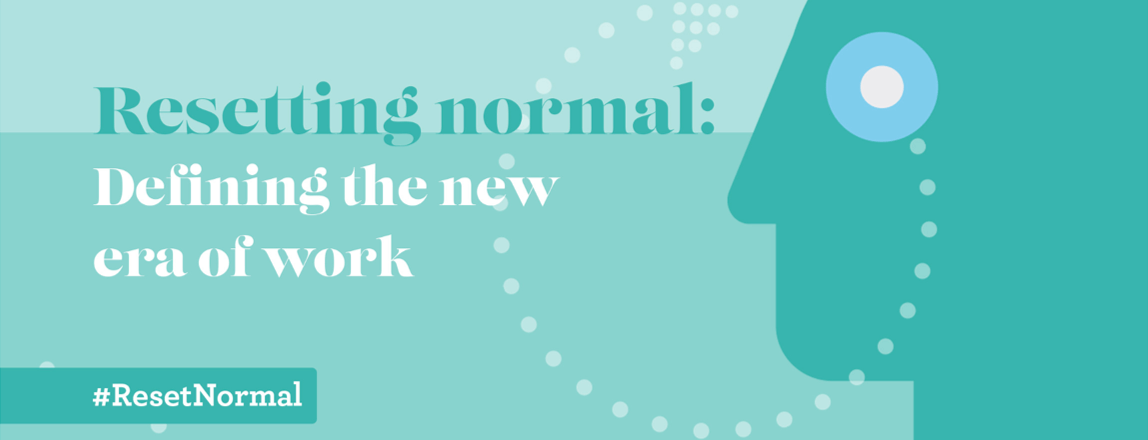Arguably, the Covid-19 pandemic changed the world of work more radically than any other single event in our working lifetime. But how much of this change will be enduring, where will we see permanent transformation, and how can companies evolve in line with rapidly shifting expectations?
In May 2020, we heard from 8,000 office-based employees, managers and C-suite executives (aged 18-60) across Australia, France, Germany, Italy, Japan, Spain, the UK and the USA, to form a clear picture of the new era of work.
This new research report from the Adecco Group, “Resetting Normal: Defining the New Era of Work”, explores how attitudes have changed in this short period of time and provides insights on the gaps that employers need to close to position as an employer of choice in the emerging future era of work.








